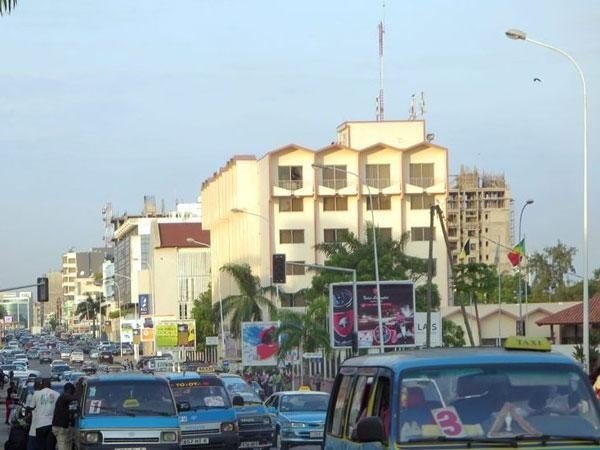The communications regulators of the Republic of Congo and the Republic of Angola have advanced bilateral cooperation on radio frequency spectrum management to mitigate interference issues along their 231-kilometre shared border.
Following a meeting from August 5-7 in Pointe-Noire between Congo’s Postal and Electronic Communications Regulatory Agency (ARPCE) and Angola’s Institute of Communications (INACOM), the two parties validated a draft frequency coordination agreement. This aims to prevent mutual interference, accidental roaming, and ensure fair access to spectrum resources in border regions.
The agreement lays technical foundations to improve service quality for local populations while reinforcing each country’s spectral sovereignty. Key mobile operators including MTN, Airtel, Congo Telecom, and Unitel participated.
Technically, the delegations agreed on coordination parameters covering seven frequency bands from 700 MHz to 3500 MHz. Binding provisions include limiting coverage to within 1,000 metres of the border, prohibiting omnidirectional antennas near border areas, and dismantling unauthorized sales points.
Operators will be notified of these rules within 30 days and have 60 days to comply with the corrections. Additionally, ARPCE is engaging in similar spectrum coordination talks with Cameroon to further manage cross-border interference.















